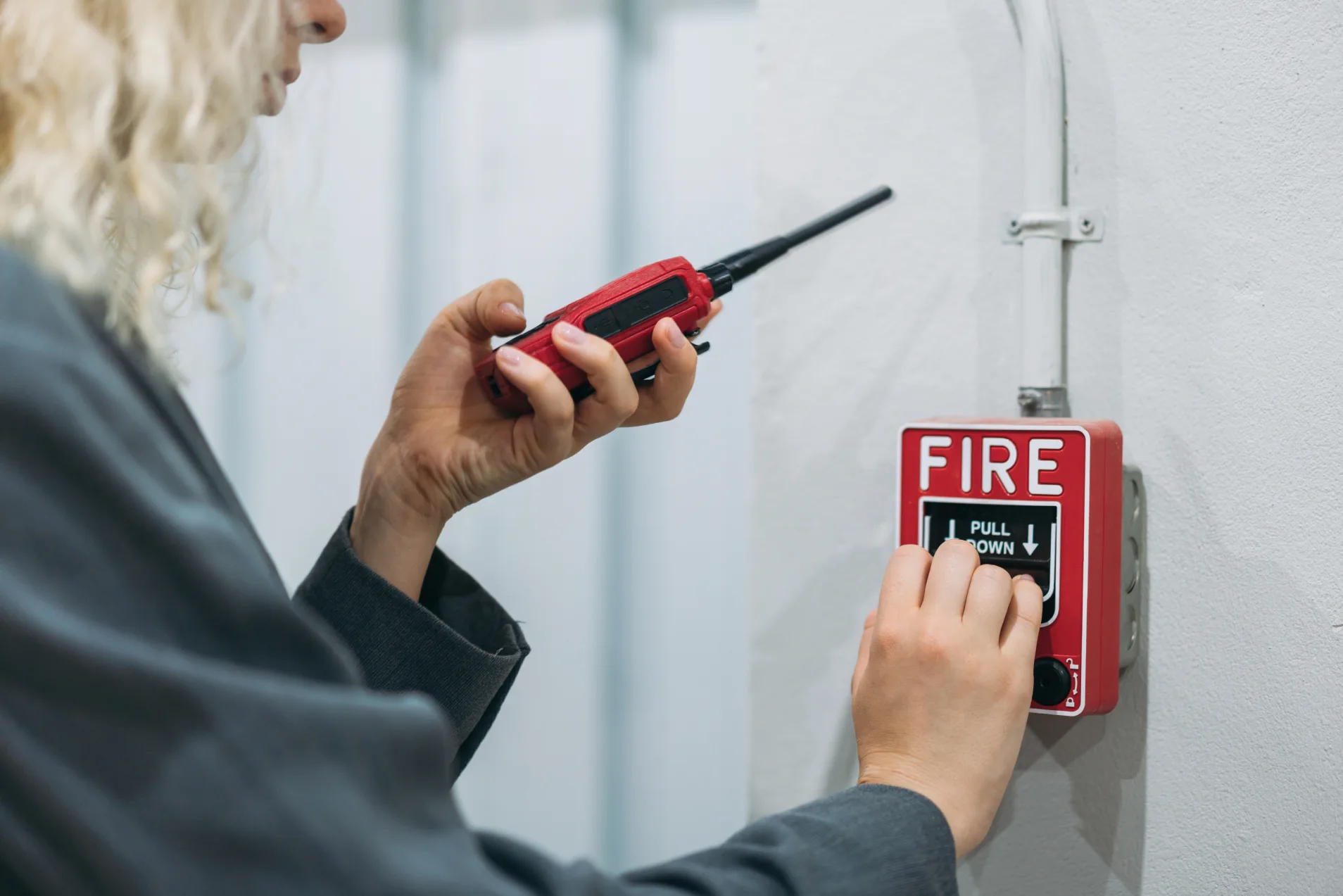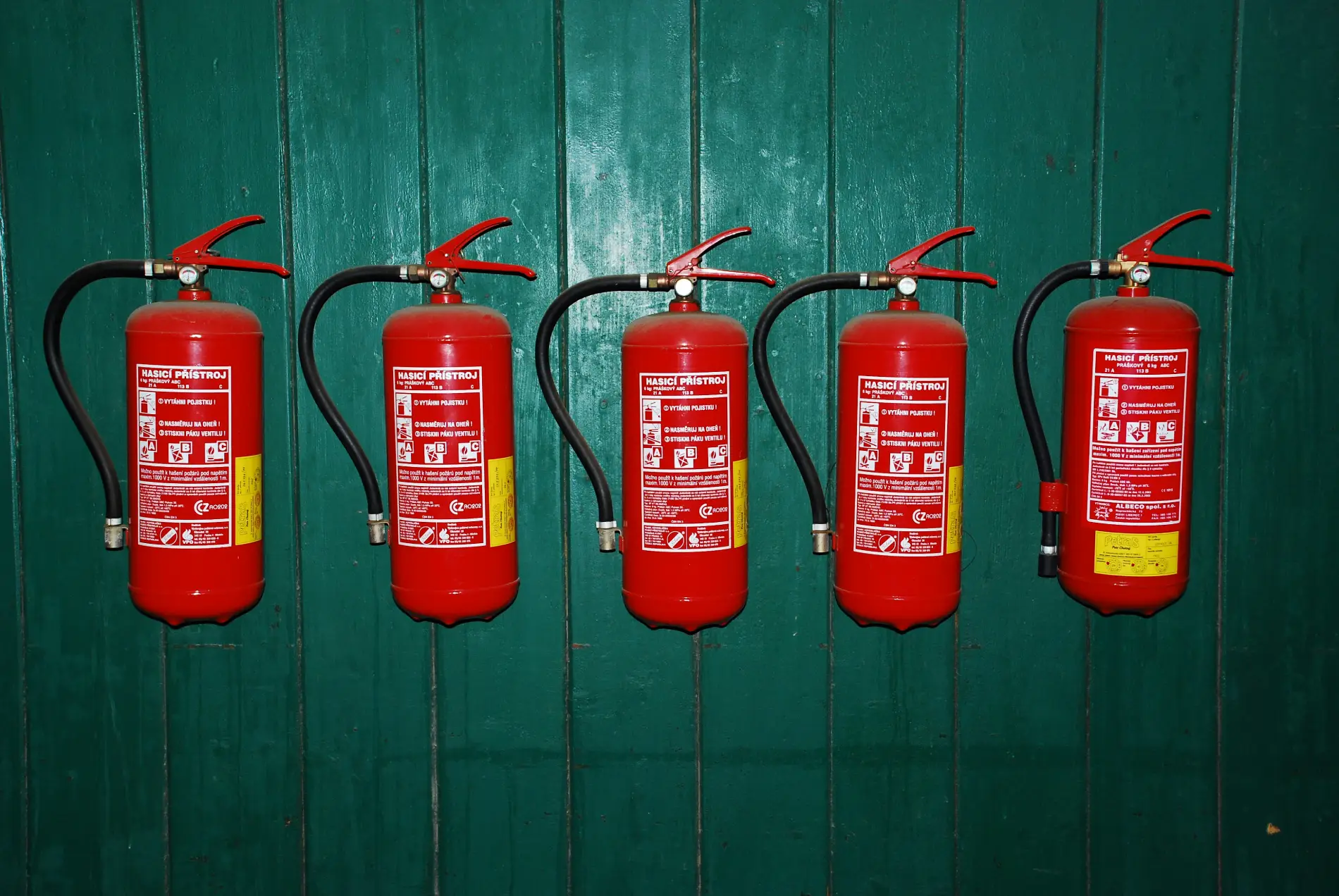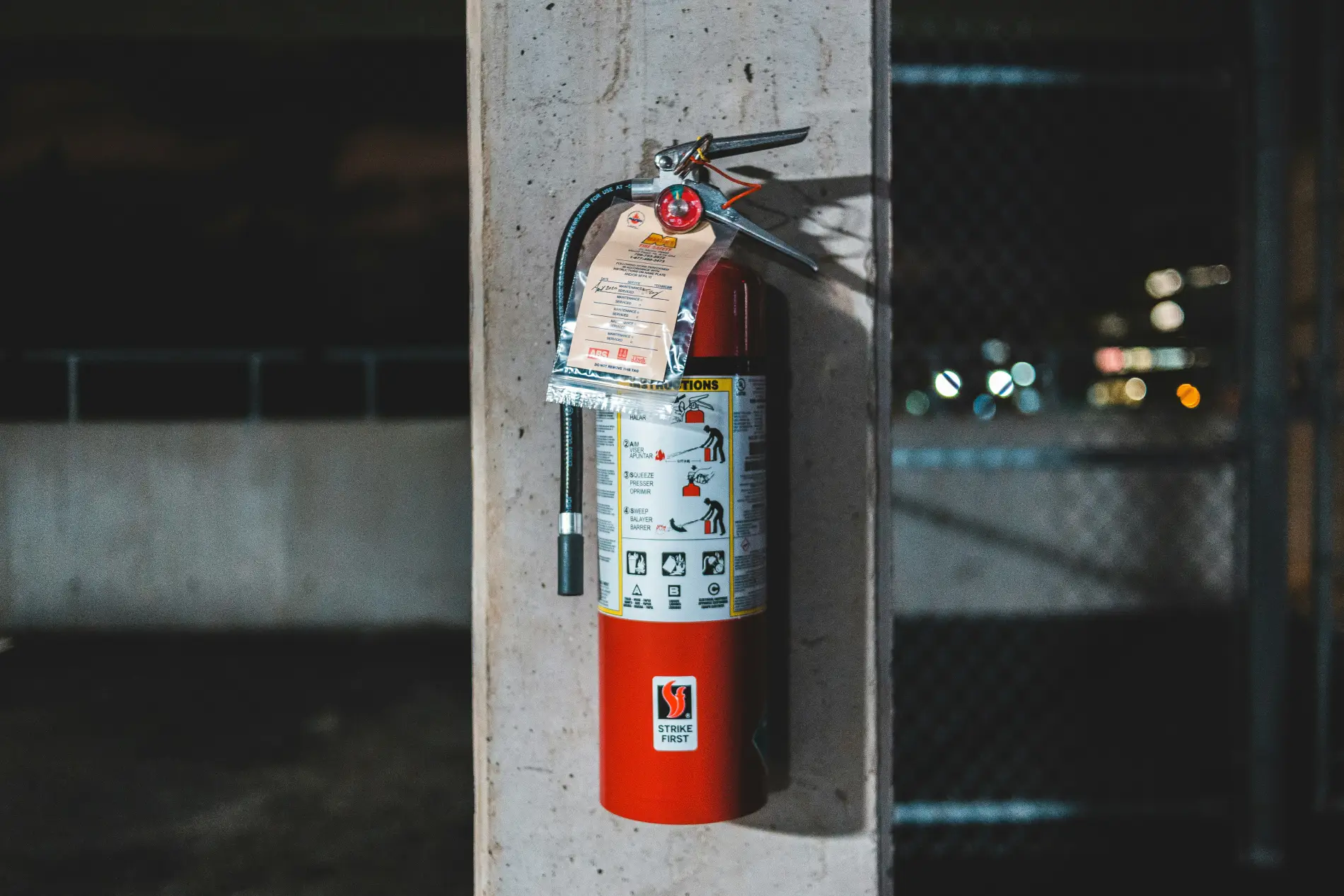Why Routine Fire Alarm Maintenance Saves More Than Just Lives

A correctly functioning fire alarm system is essential for any organisation's safety strategy. It is, simply, the first line of defence, detecting smoke or heat and raising the alert that buys occupants precious minutes to evacuate. Beyond it’s primary, life saving capability, routine fire alarm maintenance is a practice that strengthens a businesses operational continuity, financial stability and legal compliance.
For every responsible person, understanding maintenance as an investment, not an expense, is essential. Proactive system care ensures the success of your entire active fire protection strategy.
The Imperative of Legal and Financial Compliance
UK fire safety is a mandatory legal requirement. Due to the strict regulatory framework for the system upkeep, any failure to comply can result in substantial penalties that can jeopardise a company's future and longevity.
Meeting Statutory Obligations and Avoiding Prosecution
The primary legislation governing commercial premises is the Regulatory Reform (Fire Safety) Order 2005. This order places clear responsibility on the 'Responsible Person' to ensure all fire safety equipment, including fire alarm systems, is properly maintained and kept in good working order. This applies across all sectors, from schools, as covered in our Guide to Fire Risk Assessments for Schools, to offices and public spaces.
Routine fire alarm maintenance is necessary to satisfy this legal duty. Scheduled service visits, typically bi-annual or quarterly depending on the system type and environment, are required to demonstrate diligence. Ignoring these checks is a direct contravention of the law, which can lead to significant fines, invalidation of insurance policies, and, in serious cases of negligence, criminal prosecution. Working with a qualified BAFE certified provider ensures that the maintenance schedule meets the requirements set out in British Standard BS 5839-1, the code of practice for fire alarm systems.
Protecting Your Insurance and Investment
Insurance policies are precise documents, and most commercial contracts contain clauses demanding that fire safety equipment is regularly serviced by accredited professionals. If you do not have any up to date proof of maintenance, insurers could reject a claim following a fire incident. This could be catastrophic for a business, leaving it liable for anything such as property damage, equipment loss and any business interruption costs.
Investing in maintenance is effectively protecting the far greater investment made in the building, assets, and future of the company.
Maintaining System Reliability and Integrity
Fire alarm systems are complex networks of interconnected devices, each with a specific purpose. Over time, these components are subject to wear and tear, all of which compromise reliability. Maintenance is the process that can correct any of these hidden failings.
Addressing Hidden Faults and Sensor Contamination
During service visits, engineers perform detailed tests that go beyond simply checking if the sounders work. They identify subtle issues such as intermittent wiring faults, poor battery performance, and detector head contamination. Smoke detectors, particularly in dusty or industrial environments, accumulate dirt which can lead to false alarms or, worse, failure to detect a real fire.
This is particularly relevant for advanced equipment like aspirating smoke detection (ASD) systems, which require precise calibration, a topic we explore in our blog “Is Aspirating Smoke Detection Right for Your Building?”. This is an essential form of active fire testing. Maintenance includes cleaning and testing these devices to ensure they respond accurately under genuine fire conditions.
Thorough maintenance prevents the costly and disruptive issue of false alarms. A system suffering from spurious alerts not only disrupts business but can also lead to lack of interest among staff, making them slow to react to a real emergency. Regular checks by a trained Magni Fire engineer ensure that every part of the system, from the smallest manual call point to the main control panel, functions exactly as designed, providing reliable and immediate warning when needed most.
Ensuring Power and Communication Resilience
Modern fire alarm systems rely heavily on backup power sources, primarily batteries, to ensure they remain operational during a mains power failure. Battery life degrades over time, particularly following power outages. Something that is essential for routine maintenance is testing these standby batteries under load and ensuring the battery charger circuits are performing optimally. Similarly, for larger, networked, or addressable systems, the communication pathways must be verified to ensure signals are routed correctly.
This attention to detail ensures your active fire protection system remains robust and constantly ready. This continuous active fire testing of all system components confirms the system's operational integrity 24 hours a day.
Long Term Financial Advantages
Maintenance contracts often include an upfront cost, however this is offset quite significantly by long term financial benefits, these include system longevity and avoiding high cost replacements.
Maximising Equipment Lifespan
Like any electro mechanical device, fire alarm components have a finite lifespan. However, consistent care prevents premature failure. A well maintained system experiences less component stress and degradation. By replacing small, inexpensive parts like batteries or cleaning filters during a scheduled service, you avoid a cascade failure that could necessitate the costly replacement of entire zones or control panels.
Routine care will boost the systems lifespan protecting the capital expenditure. This long term planning is just as important as the initial decisions made when Designing Your Commercial Fire Alarm System.
The Cost of Unplanned Downtime
A faulty fire alarm can force a business to shut down operations until the fault is rectified. This unplanned downtime results in lost productivity and revenue, dwarfing the cost of routine maintenance. If a fault is severe, it may require an emergency out of hours call out, which is inherently more expensive than a scheduled service visit.
By adhering to a structured maintenance plan with Magni Fire, businesses gain the confidence that their safety infrastructure is reliable, allowing them to focus on core operations without the threat of unexpected system failure.
If you have any questions please don’t hesitate to get in touch with us, we will be happy to help guide you to ensure you have the best fire alarm maintenance for your business.




